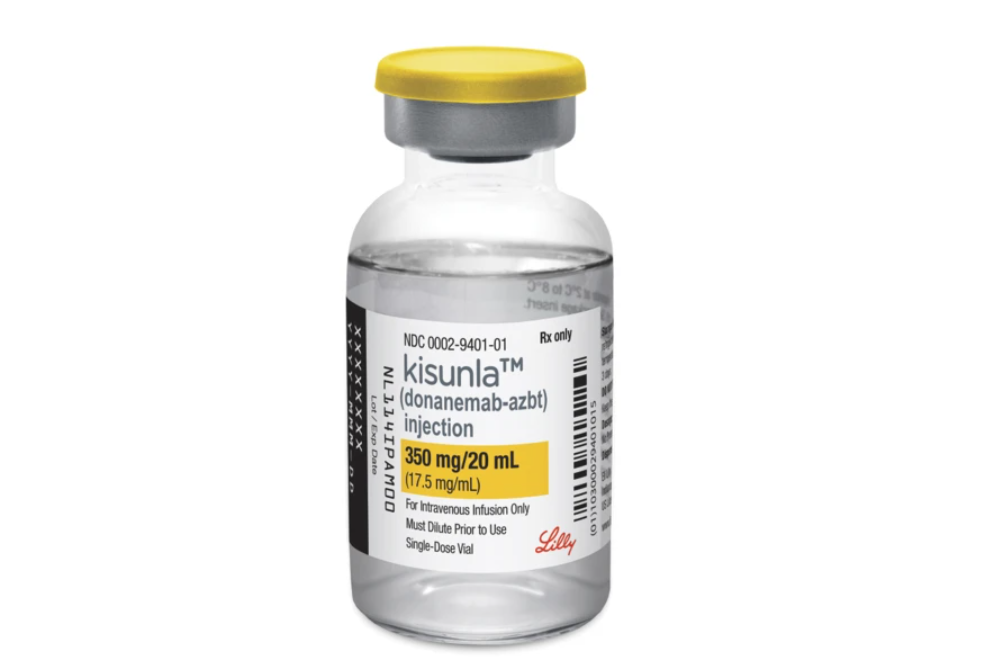A European regulatory committee has rejected Eli Lilly’s Alzheimer’s treatment, Kisunla, which was approved in the U.S., due to concerns over potentially harmful risks of brain bleeding and swelling.
The European Medicines Agency’s committee stated that the drug’s benefits did not outweigh the risks, recommending that its marketing authorization be denied.
The agency’s Committee for Medicinal Products for Human Use also mentioned that Lilly could request a re-examination of its decision.
Lilly expressed its hope on Friday that talks about the drug would continue with the agency during the re-examination process. The company pointed out that Kisunla has already been approved in markets such as Japan and China.
U.S. regulators approved Kisunla in July for treating mild or early-stage dementia caused by Alzheimer’s, following the approval of a similar drug, Leqembi, from Japanese drugmaker Eisai the previous year.
The drugs are the first to demonstrate a delay in cognitive decline in Alzheimer’s patients, though the improvement is only measured in months.
The European committee had also previously stated last summer that Leqembi should not receive marketing authorization due to similar concerns. However, it reversed that decision a few months later.
Both Kisunla and Leqembi are synthetic antibodies, delivered through IV, designed to target amyloid plaques in the brain, a key factor in Alzheimer’s disease. There are still questions about which patients would benefit from the drugs and the duration of their effects.
Eli Lilly and Co. saw its stock rise by over $2 to $823.99 on Friday morning.














